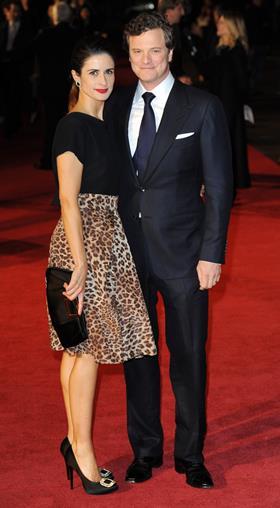Environmental campaigner is refused planning permission by Hounslow council

The wife of actor Colin Firth has lost a planning appeal over her bid to install a large solar panel on their listed home, in the latest case to test planners’ resistance to attempts to improve the environmental sustainability of dwellings.
Environmental campaigner Livia Firth appointed eco consultant Mr Woolf Inc to work up plans for the couple’s Grade II listed home in Chiswick’s Bedford Park - a conservation area and London’s first Garden Suburb.
However, a planning inspector has now ratified local authority Hounslow Council’s decision in turning down the listed building consent application last autumn.
The inspector, Roger Shrimplin, said the panel would be “unduly large” in relation to the roof slope and were proposed high up on the slope.
“The panel would erode the architectural qualities of the listed host building itself and would cause actual harm to the character and appearance of the Bedford Park conservation area,” he said.

He added that the sustainability benefits of the plan weighed in its favour but said the “harm” done to the “historic setting and the street scene” outweighed this.
Shrimplin also criticised several “errors” on the application including the precise location of the panel on the house.
“There are other significant errors in the drawings which have been submitted,” he said.
Senior partner at planning consultant Barton Willmore, Ian Tant, said listed building regulations did not preclude the installation of solar panels but said their design and positioning needed to be extremely well conceived.
Tant said: “In this case, the inspector clearly felt that the design and positioning were both inappropriate.
“Interestingly, although he stuck to his primary duty to the preservation or enhancement of the listed building, the inspector did give regard to the importance of developing sustainable energy sources.
“However, the decision emphasises the care that’s needed in design terms when seeking solar panels on an historic building.”
In the design and access statement submitted to Hounslow, Mr Wolf Inc pointed to the UK government’s target of cutting carbon emissions by 60% below 1990 levels by 2050.
Built between 1875 and 1886, Bedford Park has been called “one of the most influential housing developments in Britain” with the area’s Bedford Park Society one of those objecting to the Firths’ plan.




























No comments yet